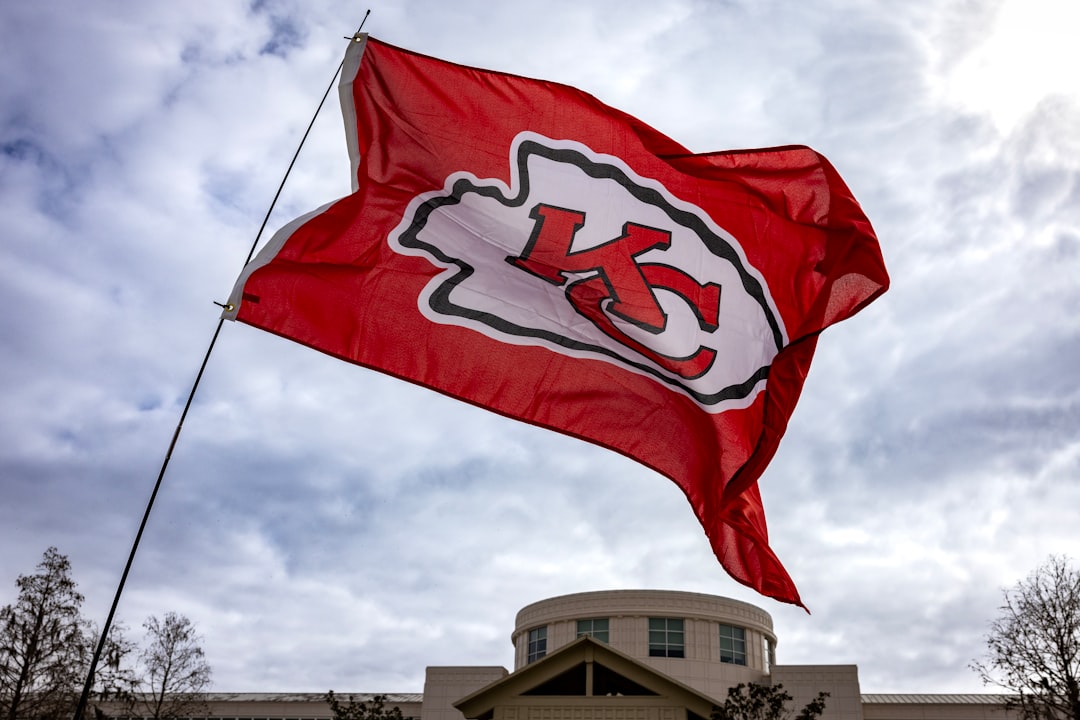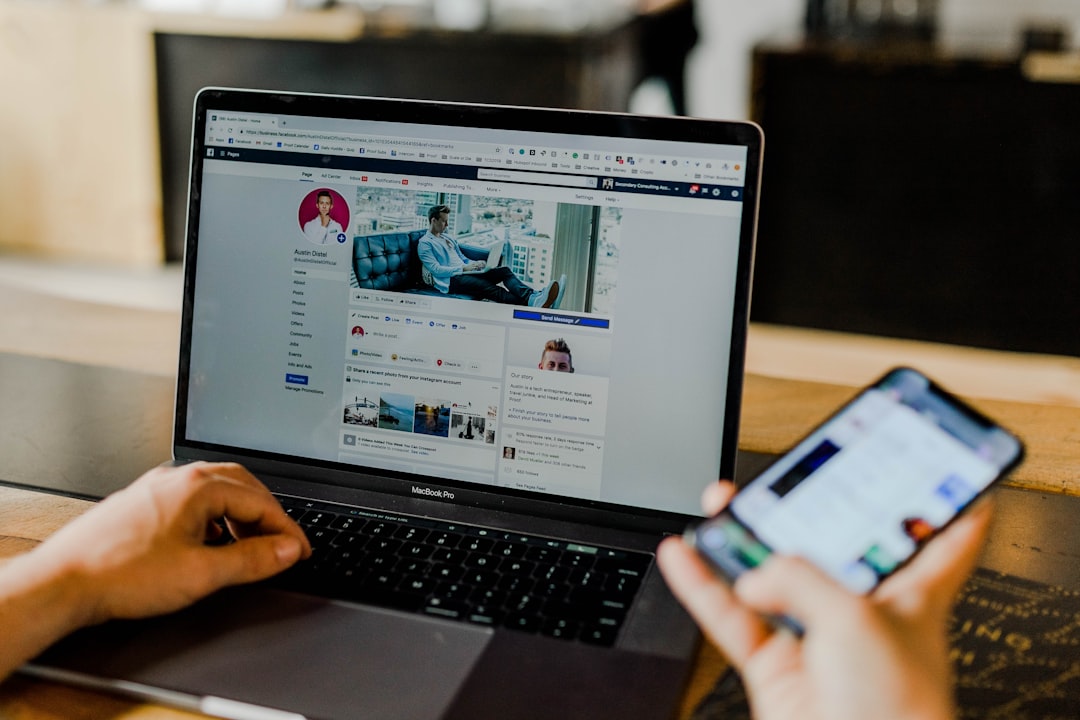No more parasocial relationships
The Super Bowl, celebrity, and community at the end of the world
I thought I didn’t have parasocial relationships. I’ll be honest, I thought I was above all that. I don’t care too much for celebrities and I’m fed up with celebrity culture in so many ways. Even when it comes to my favorite thinkers or writers, I don’t invest too much energy into a lopsided and remote relationship with them. But then the Ravens lost in the playoffs, when I thought they were going all the way.
I’m a Ravens fan, and the pain of that loss felt real. It stung, and I did believe and somewhere still do believe that the team should have done better, I think they should have won the Super Bowl last night. But in light of just about everything happening in the world right now, particularly the genocide in Gaza but also events in Atlanta and Washington and Texas and beyond, a football loss started to feel a little more trivial.
Then the Super Bowl happened. Today we woke up to countless headlines, Chief’s fans celebrating, and Taylor Swift’s fan base loving football like never before. But I find myself unable to focus on all that. Because last night, as the big game got going, Israel started bombing Rafah. If you don’t know, Israel guided 1.5 million Palestinians into Rafah over the past four months. They moved the "safe zone" further and further south, until Rafah was all that was left. Now they're bombing Rafah, and people have nowhere to go, nowhere to flee. Seeing the reports live from Gaza, from Rafah, about bombs falling during a Super Bowl where Israel was running an ad snapped things into perspective.

I’m not asking you to stop liking football; I’m not asking America to stop watching football. I’m not into fighting losing battles. What I’m asking is that we look at our relationships, starting with our parasocial ones. Parasocial relationships are one-sided relationships, where one person extends emotional energy, interest, time, and often money, while the other party, the persona, is completely unaware of the other's existence. This country, this world, is full of them.
Men often like to think we’re exempt. And a lot of us might have fewer parasocial relationships with actors and singers. But the relationships men develop in our minds with sports teams and athletes and certain influencers are strong, powerful even. Men might make fun of women for buying a $1,000 Taylor Swift ticket, then drop $8,000 on the Super Bowl (the actual cost of a lot of those tickets last night). Men develop parasocial relationships with misogynistic influencers who get us to hate women, empty our wallets for their products, or elect them President. We travel halfway across the globe for our teams, we buy season tickets, and we become ecstatic when they win and depressed when they lose. We are not exempt.
None of us are. This problem is system-wide. Even those of us who have fewer parasocial relationships still need to build a society where they are de-emphasized, or even better, unnecessary. Let me explain.
Community has been systematically dismantled in the United States, and much of the world. The ramifications of suburbs, the decline of social organizations, the increasing isolation we experience is immense. One 2021 study revealed that: “In 1990, 33% of Americans said they had 10 or more close friends. Today, only 13% say they do. Meanwhile, the number of friendless Americans has surged. In 1990, only three percent said they had no close friends at all. Today that number has risen to 12%.”
And that’s just a fraction of the effect that systemic weakening of communal ties has had on us as individuals. The decimation of neighborhoods, unions, community organizations and more also means we have less power, less collective influence over our own lives. The political and economic forces that make us isolated, that gentrify neighborhoods and break up communities and make us less connected with each other have become harder to oppose. This cycle hurts us both as individuals and as a collective.
But most of us don’t know all this. We’ve been depoliticized, education has been defunded, and a powerful set of distractions from social media to celebrity to streaming platforms has sprung up. I’m not of the opinion that these distractions are deliberate political tools, but rather that capitalists and their corporations are motivated by the endless profits they can generate from people seeking connection, seeking fulfillment, seeking to feel good in this difficult world.

It can feel easy, so easy to substitute real relationships with parasocial ones. It can even feel meaningful, or briefly fulfilling to imagine a connection with someone who doesn’t know you exist. Much of the world is engaging in that fantasy right now, this morning after this particular Super Bowl as much as they ever have. Sometimes these online connections even feel like our only options.
But they’re not. They aren’t our only option and they are ultimately a shallow and hollow substitute for human connection, intimacy, and being a real part of a collective. On a personal level it’s time to intentionally focus on relationships with one another, with our neighbors and coworkers and family and friends. On a communal level it’s time to build and rebuild structures, organizations, centers where we can gather and be with each other and meet one another and solidify our collective power to make this a better world. It’s time to force ourselves out of the lopsided relationships with people who don’t know us from a hole in the wall and spend the time and energy getting to know people who are able to reciprocate, and know us.
Today an awful lot of headlines feature Taylor Swift, Travis Kelce, and the Super Bowl when they should feature Israel’s genocide in Gaza, and its attack on Rafah last night. And it may seem like a long way from here to there, from a world where parasocial relationships with teams and athletes and celebrities dominate our media and many of our lives to a world filled with justice and connection and peace. But a lot of that begins with reaching out a hand, having a one-on-one conversation, sparking a relationship and fostering it. In time we’ll be able to act collectively, to change the world with the power we wield. And that starts here, that starts with a coworker or a neighbor or a friend. I hope we’ll move together from here to there, from our isolation to inter-connectedness and reciprocity and the world we can build together.


I agree, Joshua. Community is so much more important than parasocial relationships. I appreciate many musicians and artists, but they don't even come close to my actual friendships.
And I think we can have some meaningful relationships online. There is significant room for back and forth.
When I joined Substack, it became a big part of how I was able to process the genocide Israel is committing against Palestine, and I'm really apppreciative of that.
I'm 61, and unless I count my wife and my son have no close friends (and haven't had any since I was a teenager). I get somewhat tired of being lectured about this (thanks for nothing, Bowling Alone!); I am an introvert by nature and experienced many unpleasant social interactions as a child and teenager that left me unable to put my trust or faith in anyone beyond my immediate family (my wife and I met when I was 18 and she was 17). I do have a reasonable number of what I call 'acquaintances', and while I enjoy their company I would never share my innermost thoughts or feelings with any of them. If someone tries to get closer to me, I will politely make it clear that this is not an option. There's simply too much risk of hurt or disappointment.
I have neither the ability nor the inclination to make friends, but at the same time I am and have been a dedicated socialist who believes internationalism, communitarianism and solidarity are the only things that can save our species. During the years 2015-19, I had a deep para-social relationship with the Labour Party which has since been completely shattered (you can probably figure out why).
I don't know if any of this makes sense, but my point is that atomisation and alienation are the children of many fathers - and have been for a long time. The decline of union membership, political engagement, fraternal organisations - and the fetid cult of rugged individualism - have all fed the trend, but at the same time some of us are psychologically disinclined to engage with other people. Nature or nurture? I'm guessing mostly nurture, but that's just based on my own experiences.